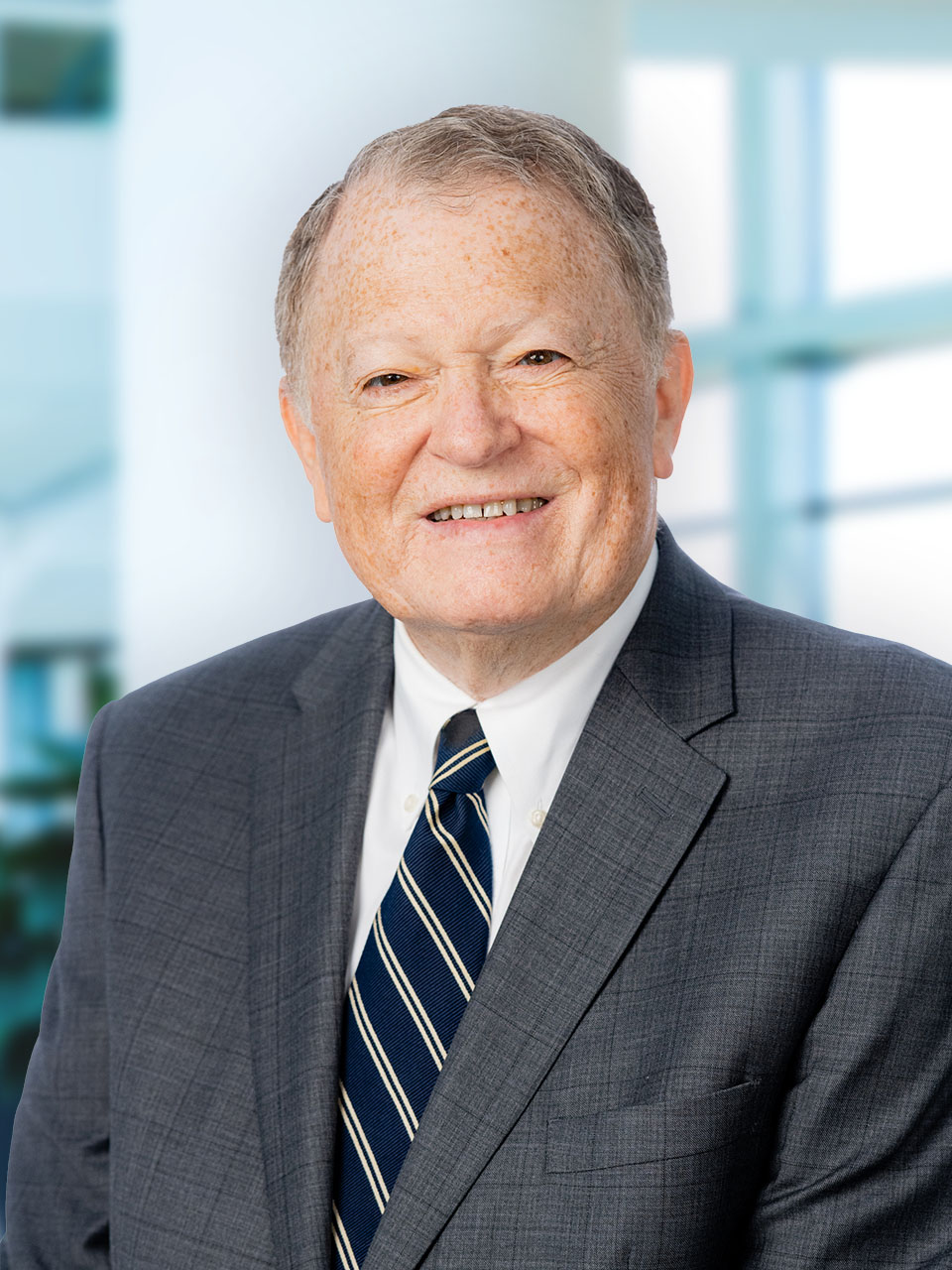In the forty years I have been working in development, the past two decades as a consultant, I have witnessed a significant shift in the degree of reliance on – and even the use of – volunteers in fundraising.
It may be difficult to imagine this, but when I began my service in this profession, it was generally considered unbecomingly aggressive for a staff representative to make an independent solicitation of a prospect. At the very least you took a volunteer along with you.
The passage of time, with all of its irresistible forces that have reduced the amount of hours available to both men and women to work on civic and charitable enterprises, has made the kind of volunteer involvement we used to see in this country a rarity. Today it is not uncommon to see a development program that makes little or no use at all of volunteers for soliciting campaign gifts.
The shift makes a lot of sense from the management perspective. Fundraising is, in fact, a business operation, and generally the one holding the highest ROI in the institution. That makes it a good investment of budget dollars. Further, using staff to approach donors directly enables the manager to monitor activity more closely, and to adjust activity in much shorter order and with fewer diplomatic hurdles than extricating assignments from nonperforming volunteers. This has led directly to the evolution from small staffs and large volunteer corps to larger staff components (albeit constantly changing ones) and much smaller volunteer organizations.
Setting aside the more abstract social questions this shift raises about Tocqueville’s classic assessment of the unique role played by civic volunteer leadership in the United States, what does this mean for you? Certainly it narrows the funnel supplying potential proven leaders for membership in the governance structure. It also makes it more difficult for willing and interested volunteers to learn how to successfully solicit their peers, thus decimating the pool of candidates to chair our constant capital campaigns.
Yet campaign chairs are still deemed an absolute necessity.
There still must be visible volunteer leadership at the helm, holding us accountable to the standards of the constituencies we represent. Moreover, their presence gives our campaigns legitimacy and prestige in the larger civic environment, as well as with our pools of prospects. And, lest we staff get entirely too full of ourselves, a handful of influential, generous and committed volunteers still has the ability to help provide a margin of victory in the majority of campaigns.
No matter how many gifted, driven, productive professional staff your institution has, you still need a campaign chair – or better yet co-chairs – and a tight group of dependable leaders on the campaign executive committee to succeed.


Comments
Questions or comments? Join the conversation!